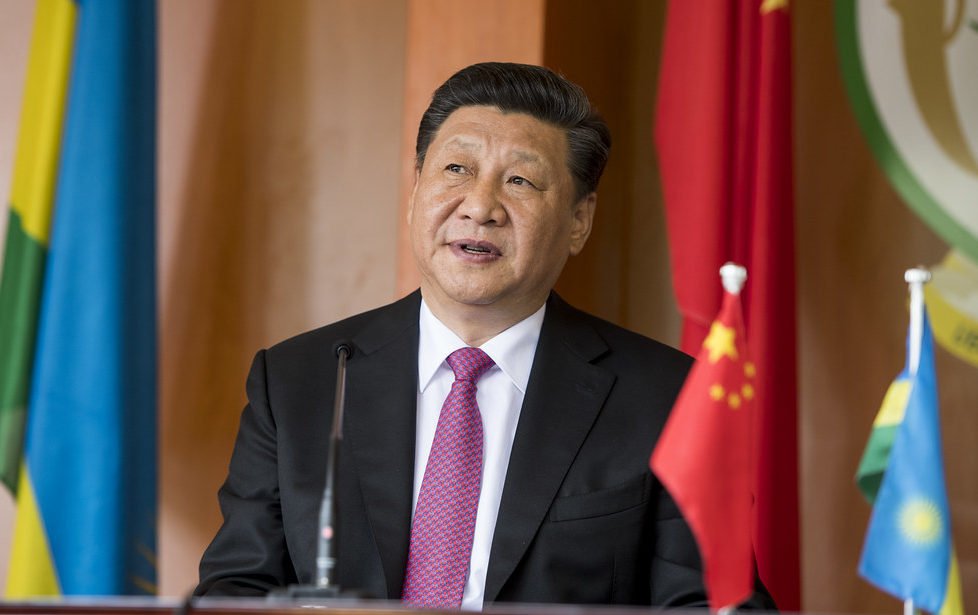China’s Unrestricted Warfare vs. Our Absent Bottom-Up National Security


Since independence our security apparatus is running with veterans from armed forces, intelligence agencies and diplomats’ community. These three assets are largely focused on external security. National Security includes internal security and is a separate stream of studies. It is not purely about combat, intelligence or diplomacy alone. Security studies curriculum right from the bottom to the level of PhD is missing in academia. Countries like China sponsor their students to the West and steal the curriculum as students bring it back home with an added edge of western perspective of warfare.
What did we lose?
We have no clue what end outcomes we want to see in each of our neighborhood countries and what kind of environment should surround, for us to thrive and prosper peacefully.
If we had our own indigenous PhD NSA, a home-grown expert on South Asia Security Studies –
How do we make a comeback?
A Security studies curriculum needs a host of research and development besides years of hard work to develop. But we can certainly transition our current academic and research capabilities towards one. We need to prepare next generations to naturally fill in the positions in the National Security domain as subject matter experts.
Next three decades China will be the main focus of our security doctrine. Our best of the experts does not understand China’s concept of unrestricted warfare. A country that does not war is an expert on defining strategies for winning without an actual fight. We might be great with combat strategies much to the credit of our powerful forces, but we are far behind in strategies which do not lead to a war.
An example of what is going on around us.
After Doklam, as Bhutan refused to succumb to the Chinese pressure to start an embassy in Bhutan, China appointed a Urdu expert as an ambassador to Nepal. The lady gets instructed by Pakistan ISI on what and how to get anti India actions done in Nepal.
Exactly three months back, Pakistan transferred Moin Haq, its ambassador in France to China. The guy was learning which companies and leaders of France are pro and against India. And he is submitting all this intelligence now at this point to China.
Recent reports from Bangladesh points at a possibility that Pakistan and China are trying to drug PM Hasina’s guards. Once she is gone, Bangladesh will be five times the trouble compared to Pakistan for us.
The Chinese communist party uses the strategy of “borrow the knife to kill” in our neighborhood.
In the Ladakh faceoff, CCP is practicing “wait in leisure and drain the enemy”. In August last week by taking up several tactical tops we successfully countered that strategy. We might soon see the Chinese doing a “smile with a knife at the back hand” or “injure oneself to gain trust of the enemy”.
In this backdrop, for the long term good of our National Security apparatus, a bottom-up structure is a must. We cannot afford to always fill in all the positions of NSA and his core team members with aged diplomats and members of armed forces and intelligence agencies.
DISCLAIMER: The author is solely responsible for the views expressed in this article. The author carries the responsibility for citing and/or licensing of images utilized within the text.
